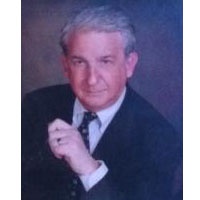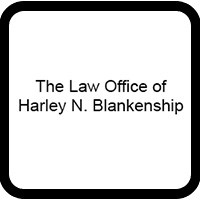Hurstbourne Acres Estate Lawyer, Kentucky
William S. Bornstein
✓ VERIFIEDAccident & Injury, Real Estate, Wills & Probate
Our attorneys at Bornstein Oppenheimer, PLLC are highly experienced and reputable litigators, negotiators, advocates, and counselors. Together with a ... (more)
Harley N. Blankenship
✓ VERIFIEDAccident & Injury, Criminal, Divorce & Family Law, Estate, Real Estate
Harley Blankenship is a practicing lawyer in Louisville, KY after being admitted to the Kentucky Bar in 1970. He received his Juris Doctor in 1970 fro... (more)
Marc Kevin Crahan
Wills & Probate, Premises Liability, Wrongful Death, Wills
Status: In Good Standing
FREE CONSULTATION
CONTACTRobert L. Heleringer
Accident & Injury, Estate, Divorce & Family Law, Criminal, Lawsuit & Dispute
Status: In Good Standing
Dennis R. Carrithers
Estate, Real Estate, Bankruptcy & Debt
Status: In Good Standing Licensed: 48 Years



